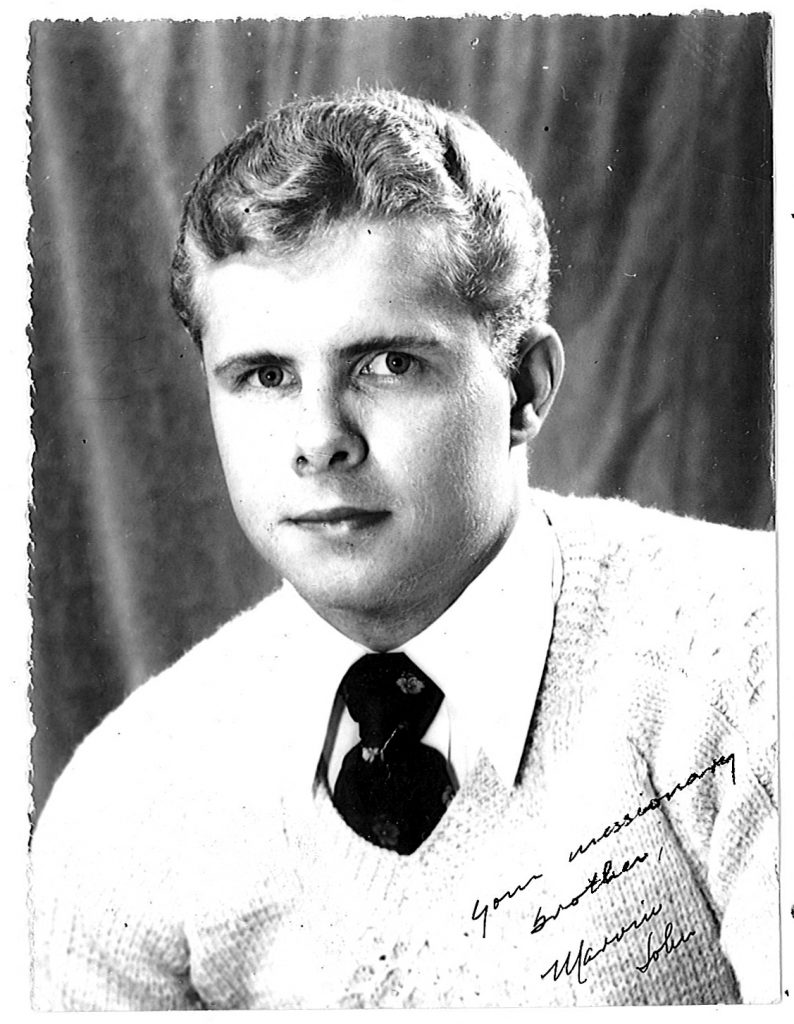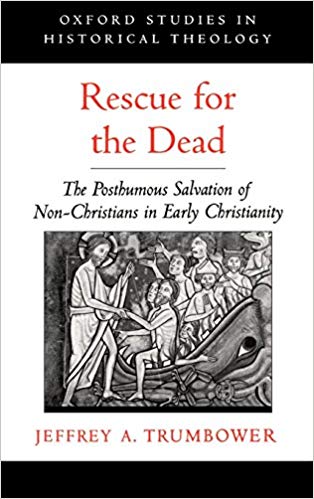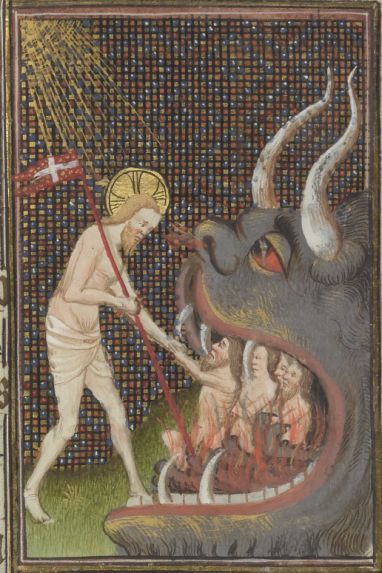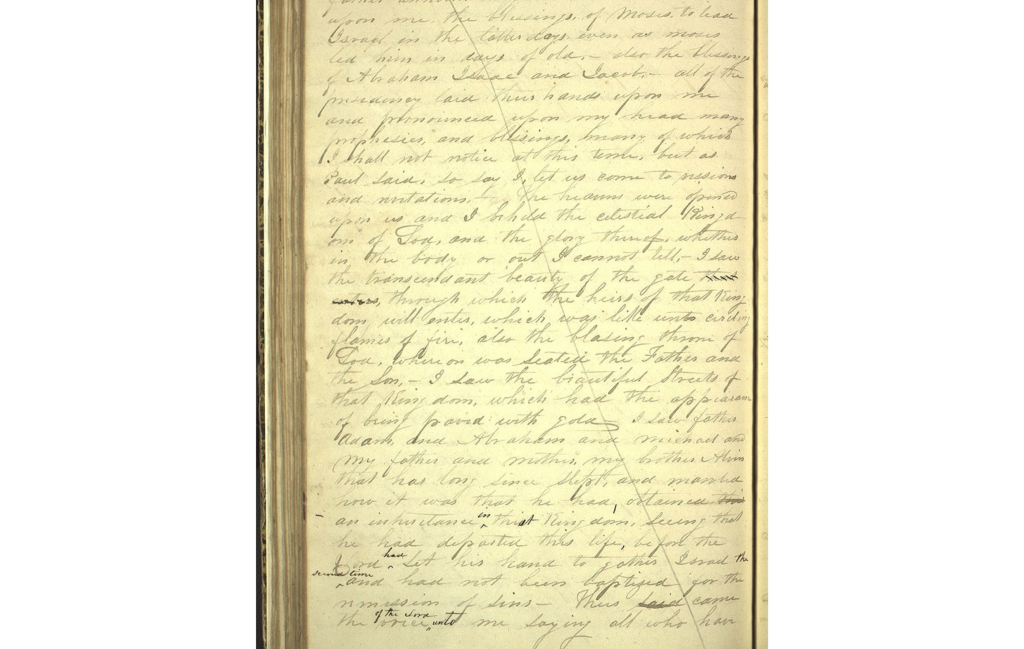Why is this even a question? Doesn’t everyone know that Joseph Smith was 14 when he saw God and Jesus Christ in a grove? The answer is no. Some people think they know. That’s not the same as knowing.
So was Joseph 14 or not?
He probably was. Why the qualifier? Because the evidence shows that the answer isn’t so simple. The evidence says that Joseph began worrying about his soul when he was about 12. He continued to do so through his early teens. His memory of his age at the time of his vision was vague. Joseph usually remembered his age at the time as an afterthought.
Joseph’s 1832 autobiography says
“At about the age of twelve years my mind become seriously imprest with regard to the all importent concerns for the well fare of my immortal soul.” That led Joseph to search the scriptures and observe churches and Christians. He concluded that the scriptures and the versions of Christianity didn’t match. Joseph felt grief as a result. In 1832, he remembered that this process lasted “from the age of twelve to fifteen.”
Joseph did not specify his age in the 1832 account
He said simply that “while in the attitude of calling upon the Lord a piller of light above the brightness of the sun at noon day come down from above and rested upon me and I saw the Lord and he spake unto me saying Joseph my son thy sins are forgiven thee.” Frederick Williams later inserted the words “in the 16th year of my age” into the clause quoted above. No one knows whether Joseph told Frederick to do so or why he wrote “16th year.” Some people may think they know. That’s not the same as knowing.
Joseph’s scribe recorded
an 1835 telling of the vision in Joseph’s journal. In that telling, the last thing Joseph says about the vision is, “I was about 14 years old when I received this first communication.” On that day at least, his age at the time of the vision was an afterthought, and he approximated it. That line contrasts with the intense and emotional lines before it. The foreground in this memory is of discovering the truth, overcoming the unseen power that startled him, praying, seeing divine beings, and being filled with joy. His age at the time is background. It was important enough to him to try to recall at the end but not more important than that.
In his manuscript history
Joseph remembered that unusual religious excitement started “in my fifteenth year.” He was, in other words, fourteen. Of all the accounts, this one does the best job of establishing a date and situating Joseph in time: early spring, 1820. Compared to the others, this memory is uncharacteristically sharp about Joseph’s age and the date of the vision. Joseph remembered later in this account, “I was an obscure boy only between fourteen and fifteen years of age,” after which his scribe added “or thereabouts.” A later revision of this document is more typical. In it Joseph says he was “about 15 years old” during the “unusual religious excitement.” Estimating like that is typical of the way Joseph dated things in his vision memories. Certainty about dates and his age is uncharacteristic in his vision accounts. In his letter to John Wentworth, Joseph said, “When about fourteen years of age I began to reflect upon the importance of being prepared for a future state.”
The secondary accounts follow this pattern
Orson Pratt says, “When somewhere about fourteen or fifteen years old, he began seriously to reflect upon the necessity of being prepared for a future state.” Orson Hyde’s version is less wordy but no more precise: “When he had reached his fifteenth year, he began to think seriously . . . ” The journal of Levi Richards just says “when he was a youth he began to think about these things.” David Nye White quoted Joseph saying God “revealed himself to me first when I was about fourteen years old, a mere boy.” Alexander Neibaur’s journal entry doesn’t say anything about Joseph’s age at the time.
Those are the facts of the historical record
That’s the evidence we have on which to base an answer to the question with which we began: How old was Joseph Smith at his first vision? He typically said he was about fourteen, and usually as an afterthought. Once he said clearly that he was fourteen. His scribe added, “or thereabouts.” Another scribe said he was fifteen. Some people interpret the vagueness and variety as evidence that Joseph didn’t see the Father and the Son. Some people think they know that he could not possibly mis-remember his age if he actually saw a vision. That’s not the same as knowing.
Joseph didn’t remember exactly how old he was
He didn’t claim to. He claimed to see the Father and the Son. He knew that God knew it. He couldn’t deny it. “Some said he was dishonest, others said he was mad, and he was ridiculed and reviled, but . . . he had seen a vision. He knew he had, and all the persecution under heaven could not make it otherwise.”




